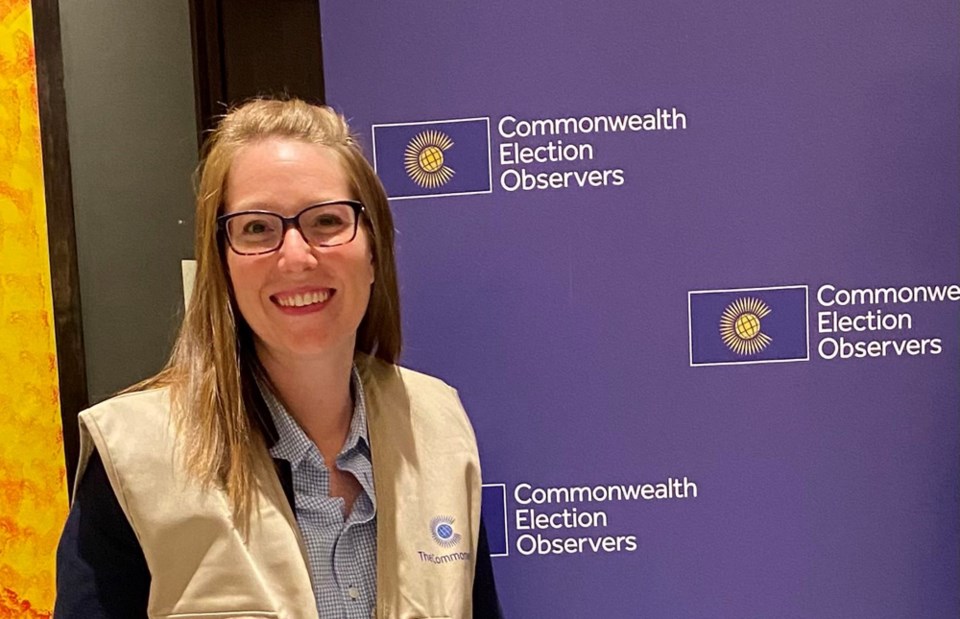We were thirteen Commonwealth observers gathered around laptops discussing our observations and recommendations for the August 2021 Zambian election when the writ was dropped in Canada. I jokingly invited the group to observe our election.
Canada does not invite international observers to its elections. Most western liberal democracies do not, but perhaps they should. Democracy and the elections that facilitate it are a work in progress, and there are a few things I have observed that could help strengthen Canada’s elections based on our most recent trip to the polls.
I have three recommendations to improve our election integrity, under two themes: combating voter apathy, and improving accessibility.
Voter apathy is not a new phenomenon in Canada. With the 2021 election being widely called “the election nobody wanted,” it is no surprise that voter turnout is only around 62 per cent, according to Elections Canada, a decline from the last two elections. There are many reasons for low turnout, one of them is the feeling that “my vote doesn’t matter.”
Several Ontario polls did not close on time because of the long lines of people waiting to cast their ballots. In the meantime, surrounding polls had closed and began reporting. Eventually, the media predicted the riding result, even though some people had yet to cast their ballot.
It is easy to see how some might feel that their vote didn’t matter. If we want Canadians to vote, we need to do more to convince them that their vote matters. To remedy this, I recommend that unofficial poll results not be announced until all the polls in the riding have closed and the last voter has cast their ballot.
The second theme is around accessibility. On election day in Zambia, I witnessed poll staff walking the line of voters to identify the aged, disabled, and expectant mothers to bring them to the front of the line. This practice is part of their voting procedures.
While Elections Canada has taken many steps to ensure accessibility, provisions for those needing assistance while waiting in line are lacking. My second recommendation is for Elections Canada to learn from Zambia and consider accessibility in voting lines.
My last recommendation is for the Governor General to consult with Elections Canada to consider the availability of polling stations before an election is permitted. This election saw a dramatic decrease in the number of polling stations, which caused long lineups and accessibility challenges. For example, 11 ridings in the Greater Toronto area saw a more than 50 per cent reduction in polling stations. The worst offender was Toronto Centre, which saw an 84 per cent drop, from 91 polling locations in 2019 to just 15 in 2021. North Vancouver saw a 43 per cent drop in the number of polling locations.
Hand-in-glove with the number of polling stations is the accessibility of their locations to the population. I was shocked when I received my voter card that noted my polling station was at Capilano University. For those taking public transit, their trip from Lynn Valley will have taken between 25 and 38 minutes depending on the route – one way. The location of that polling station for selected Lynn Valley residents was prohibitive to the voting process. While the pandemic has been used to justify the decreased number of polling stations, I’d argue that if it is not possible to provide adequate polling locations, then an election should be reconsidered.
If Canada were to invite international observers to its next election, we might benefit from recommendations to improve accessibility and encourage voter turnout.
Alicia Peters has been awarded the Queen's Diamond Jubilee Medal for her work with youth and the democratic process in Canada and across the Commonwealth. She has observed two elections in Africa on behalf of the Commonwealth. She lives in North Vancouver.




